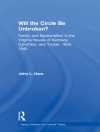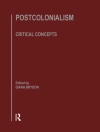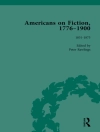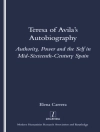Defiant writing by the first feminist of the Americas—the Mexican nun Sor Juana Inés de la Cruz—in response to the church officials that tried to silence her.
Known as the first feminist of the Americas, the Mexican nun Sor Juana Inés de la Cruz enjoyed an international reputation as one of the great lyric poets and dramatists of her time. The Answer/La Respuesta (1691) is is Sor Juana’s impassioned response to years of attempts by church officials to silence her. While earlier translators have ignored Sor Juana’s keen awareness of gender, this volume brings out her own emphasis and diction, and reveals the remarkable scholarship, subversiveness, and even humor she drew on in defense of her cause.
This expanded, bilingual edition combines new research and perspectives on an inspired writer and thinker. It includes the fully annotated primary text responding to the church officials; the letter that ultimately provoked the writing of The Answer; an expanded selection of poems; an updated bibliography; and a new preface.
Om författaren
Sor Juana Inés de la Cruz (1648/51-1695), a Mexican nun, was a brilliant poet, playwright, and essayist whose persistent defense of the intellectual rights of women brought her increasingly into conflict with church officials, who repeated tried to silence her. Sor Juana died by taking care her sister nuns during a plague in April 1695.
Electa Arenal, professor emerita of Hispanic and Women’s Studies (City University of New York), is a translator and specialist in Hispanic monastic women’s culture. Listed in Feminists Who Changed America, Arenal’s fourth co-authored book, an illustrated, critical edition of Sor Juana’s Neptuno alegórico, is forthcoming from Editorial Cátedra, in Spain.
Amanda Powell, award-winning poet and translator, teaches Latin American and Spanish literature and literary translation at the University of Oregon. Powell has published essays on: 16th- and 17th-century Spanish and Colonial Latin American women writers; convent writings; Sor Juana Inés de la Cruz; the ’boom’ in women’s love poetry across 17th century Europe; and literary translation.












